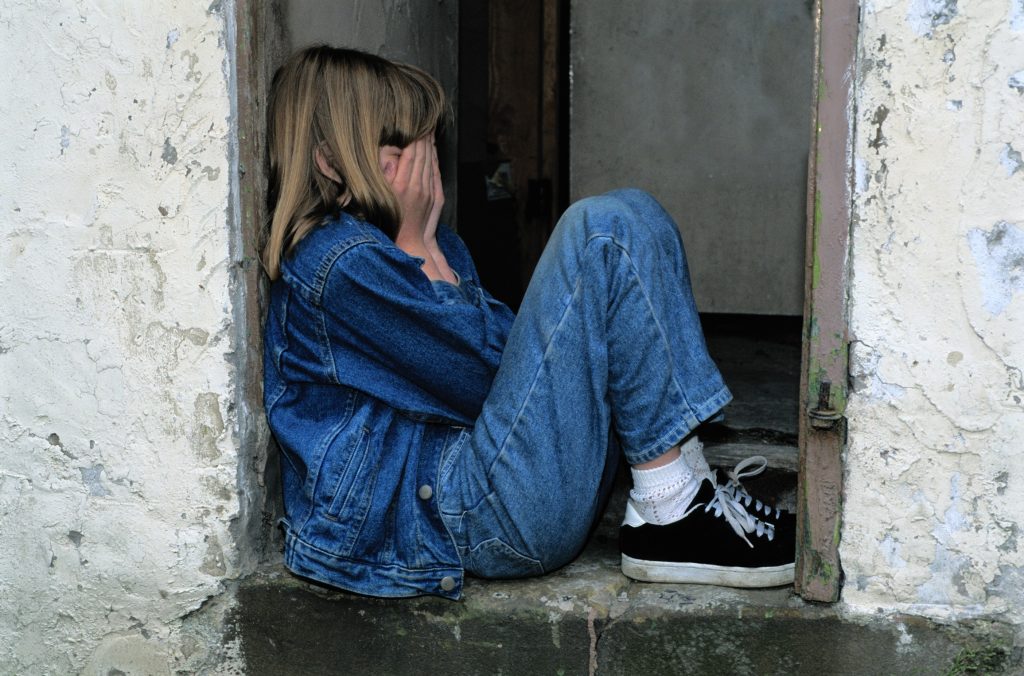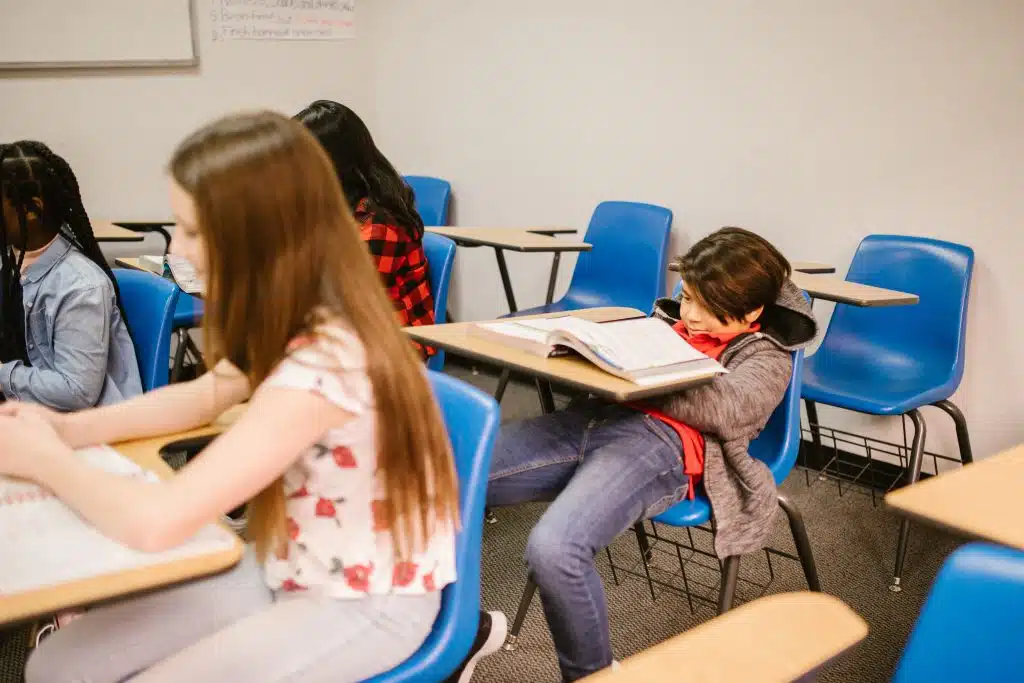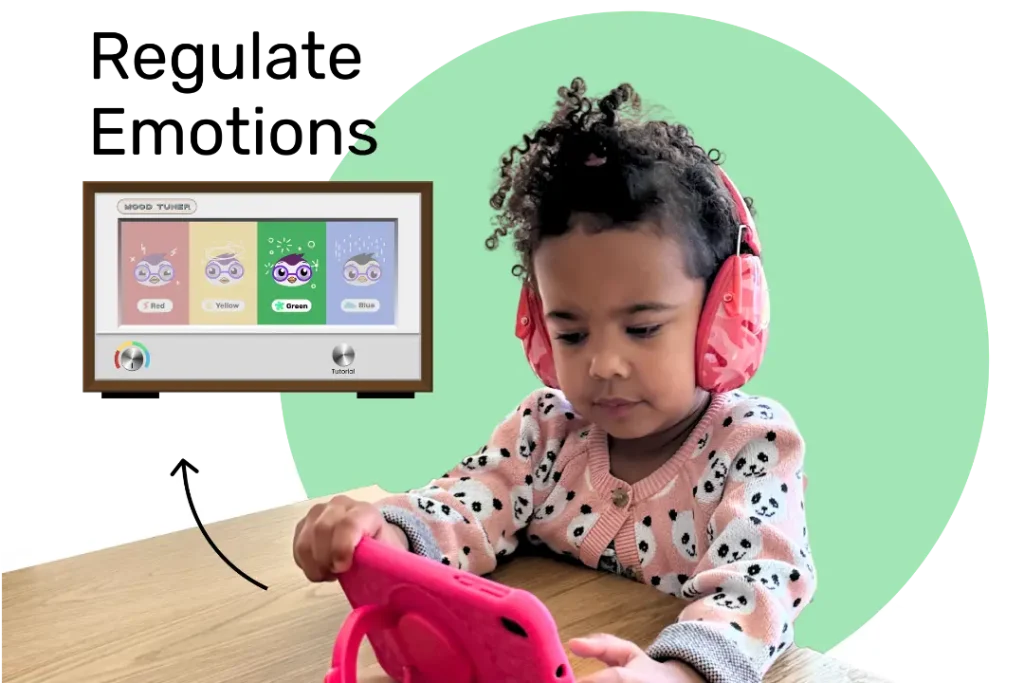Have you ever spent restless nights wondering if your kid’s behavior is just a phase or something more? You’re not alone. Many parents, especially those with neurodivergent kids, tread this labyrinth daily. Here’s some good news: We’re shedding light on 7 symptoms of childhood anxiety that often go unnoticed. This guide will help you spot common signs, interpret what they mean, and, most importantly, how to help.
Table of Contents
1. Excessive Worry Over Routine Tasks
A little worry is natural, but pay attention if your kid is fretting over everyday activities.
This isn’t just about fearing monsters under the bed. We’re talking about paralyzing thoughts that make even tying shoelaces seem like disarming a bomb. For example, kids with thinking and learning differences might obsess over the “perfect” way to complete a task, amplifying their anxiety.
2. Sudden Social Retreat
If your usually chatty child clams up or avoids friends, it’s worth a second look.
This can be particularly troubling for neurodivergent kids who may already struggle with social interaction. Above all, try to identify triggers: Is it a specific person? A place? This will help you come up with practical solutions.

Read more: The Importance of Play in Early Childhood
3. Frequent Physical Complaints
Unexplained headaches or stomachaches could be your child expressing anxiety physically.
Similarly, frequent trips to the school nurse without a clear medical issue might be a red flag. Meanwhile, encourage your kid to articulate their feelings during these episodes.
4. Extreme Emotional Reactions
Wild mood swings and disproportionate reactions to problems are signs you shouldn’t ignore.
Imagine a seesaw in a whirlwind. Neurodivergent kids, in particular, might find it hard to manage these emotional ups and downs. In short, this can exacerbate their anxiety further.

5. Compulsive Behaviors
If you notice a repetition of specific actions or rituals, it might be more than just a quirky habit.
For instance, a child with ADHD might tap their feet incessantly as a coping mechanism. To clarify, these actions can be subconscious methods to deal with stress.
6. Avoidance or Procrastination
Consistently dodging or delaying tasks might not be laziness but a symptom of anxiety.
Kids, especially those with thinking and learning differences, might procrastinate to avoid confronting what makes them anxious. Indeed, understanding the root cause can lead to more effective interventions.

7. Sleep Problems
Difficulty falling asleep or frequent nightmares can be telltale childhood anxiety symptoms.
Remember, sleep is when the mind processes emotions. A peaceful night’s sleep becomes a challenge if your child is battling anxiety.
Goally | Kid’s Tablet for Building Emotional Regulation Skills
Is your child struggling with understanding and managing their emotions? Goally teaches emotional regulation skills in a fun and interactive way!

The Mood Tuner app encourages kids to look inwards and identify their feelings, helping them understand what’s going on inside. Once they’ve recognized their emotions, they can choose from a variety of exercises designed to help them self-regulate and find their balance.
So you’ve caught these subtle symptoms. Now what? The first step is recognizing that both you and your child are learning to manage this. It’s a journey, not a sprint. Neurodivergent or not, every kid is unique in how they express and cope with anxiety. Most importantly, consult professionals for a diagnosis and personalized coping strategies. Because honestly, the most significant sign that your child is dealing with anxiety is that you’re looking for signs. Trust yourself. You’re more resourceful and resilient than you give yourself credit for.

Goally
We help parents teach their kids life skills, like doing bedtime and morning independently. Backed by science, we incorporate evidence-based practices and expert-informed designs in all of our apps and content.






